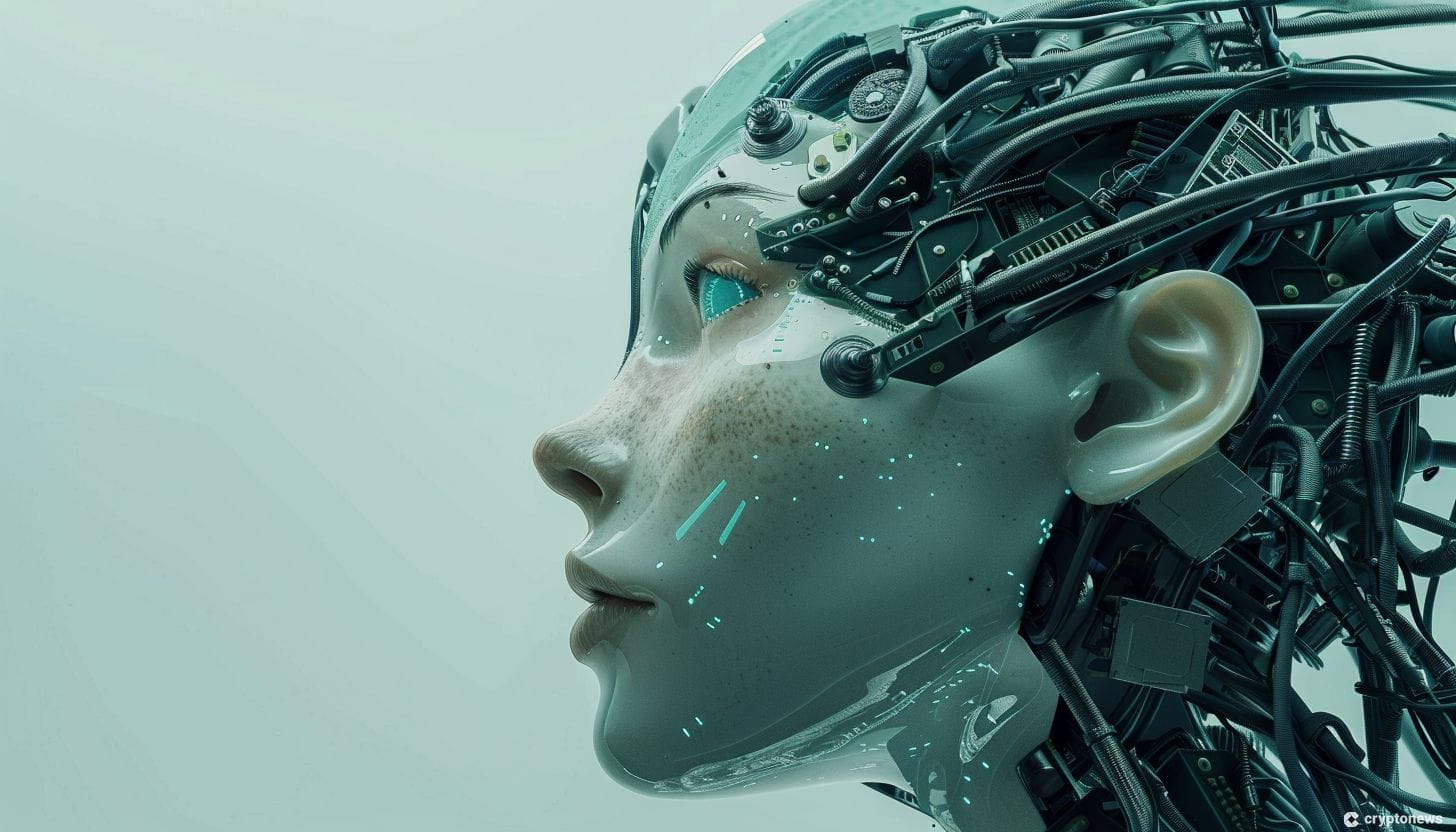Tether, the issuer of the USDT stablecoin, is reportedly working on decentralized artificial intelligence (AI) models, as hinted by CEO Paolo Ardoino in a recent Tweet. Ardoino expressed concerns about the security of centralized AI models, referencing a reported hack of OpenAI. He believes that “locally executable AI models” are essential to protect people’s privacy and ensure independence. According to a New York Times report, the hacker gained access to OpenAI’s internal messaging systems, prompting Ardoino to emphasize the need for decentralized AI solutions.
Ardoino highlighted the potential of new-generation smartphones and laptops to fine-tune general large language models (LLMs) with user’s data, preserving enhancements locally on the device. He mentioned that Tether is currently working on developing such models that run on personal devices, aiming to enhance privacy and user control. The concept of decentralized AI has gained traction in the Web3 space due to concerns surrounding data privacy and security in traditional centralized AI models.
Tether has reportedly invested over $1 billion in AI, with significant investments in companies like the Northern Data Group. Ardoino mentioned that the company is looking to provide AI computing services to its invested companies. By focusing on decentralized AI solutions, Tether aims to address the limitations of centralized AI models and provide users with more control over their data and privacy. The company’s efforts in developing decentralized AI models could revolutionize the AI industry and pave the way for more secure and privacy-focused AI solutions.
With the advancement of technology and the increasing concerns about data privacy and security, decentralized AI models have emerged as a potential solution to address these challenges. Tether’s focus on developing locally executable AI models reflects a growing trend towards empowering users with more control over their data and privacy. By leveraging the power of new-generation devices, Tether aims to enhance the privacy and security of AI models, ultimately benefiting users and ensuring the resilience and independence of AI systems.
The reported hack of OpenAI serves as a wake-up call for the industry, highlighting the vulnerabilities of centralized AI systems. Tether’s initiative to develop decentralized AI models underscores the importance of prioritizing data privacy and user control in AI development. As the company continues to invest in AI and collaborate with industry partners, it is poised to play a significant role in shaping the future of decentralized AI solutions. By leveraging the expertise and resources of Tether, the development of decentralized AI models could revolutionize the AI industry and establish new standards for privacy and security.
In conclusion, Tether’s focus on developing decentralized AI models marks a significant step towards addressing the challenges of data privacy and security in the AI industry. By investing in innovative AI solutions and promoting user control and privacy, Tether is setting a precedent for a more transparent and secure AI ecosystem. As the company continues to advance its decentralized AI initiatives, it has the potential to drive substantial changes in the AI industry and lead the way towards a more privacy-centric and resilient AI environment.











